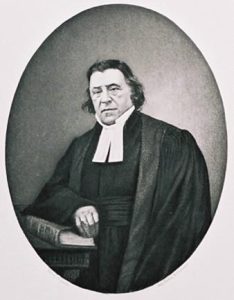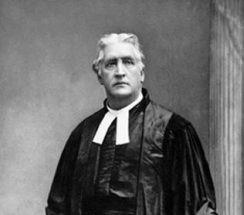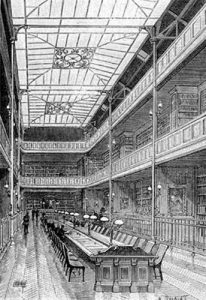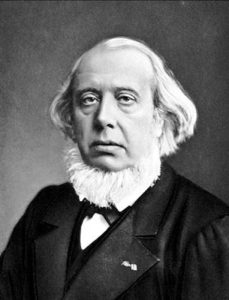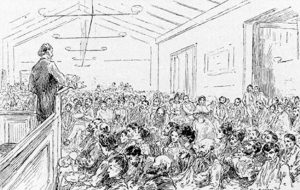Young Men's Christian Association (UCJG)
This youth organization, already active in England, was set up in France in 1852, with the help of pastors Antoine Vermeil, Edmond de Pressencé and Napoleon Roussel.
The main intention – of an interdenominational nature – was that young people of various backgrounds should meet and exchange with others, including from abroad.
Activities included meetings, lectures, meditation and spiritual growth. Language classes were likewise given on a regular basis.
From 1868, the UCJG employed a salaried General Secretary under whose guidance a wider range of activities were organized, including exchanges between France and the United States.
Later, premises were built with furnished bed-rooms, classrooms and a dining hall. At that stage the UCJG had the appearance it still has nowadays.
International Association of Young Girls' Friends - Young Girls' Christian Association (UCJF)
In 1893 the UCJF was created after the model of the UCJG. The principles were the same : they offered young girls of various backgrounds a place where to attend cultural and religious meetings, to have meals and even to attend keep fit classes.
The UCJF replaced the International Association of Young Girls’ Friends whose aim was to build a “protective wall” (“rempart de protection) around young girls who were isolated or had poor support, whatever be their nationality, religion or occupation.

